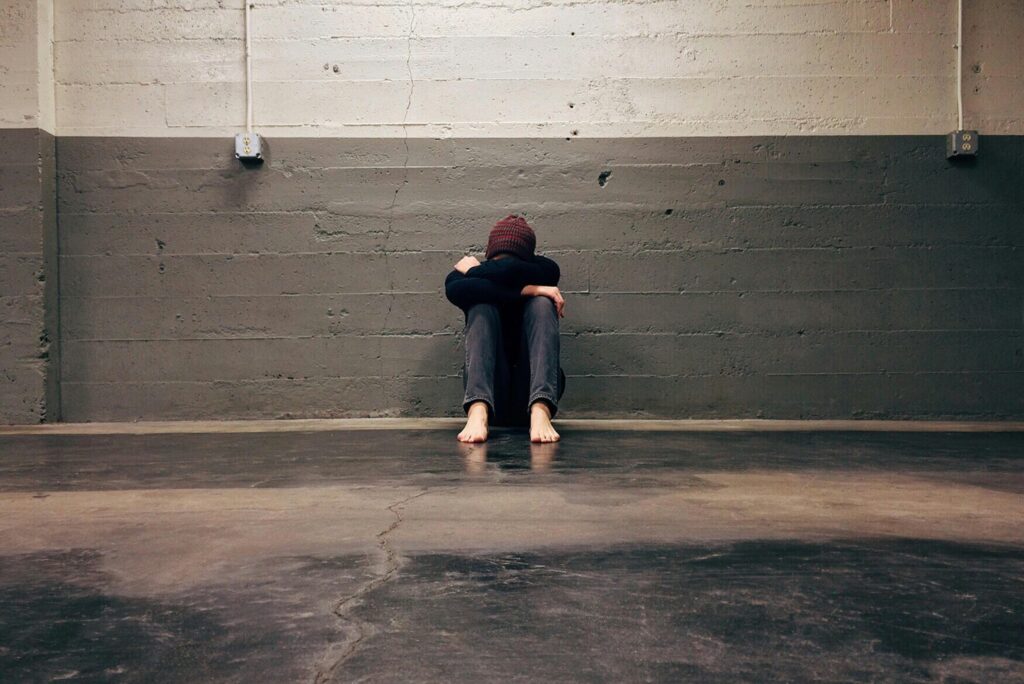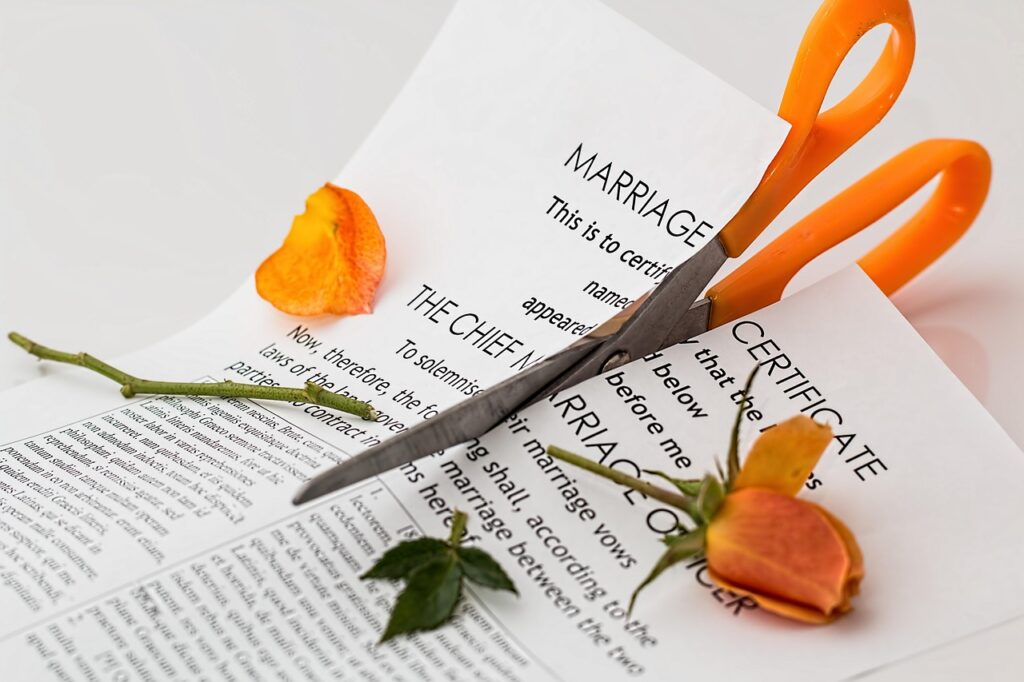When it comes to getting married in India, not all marriages are registered under the same law.
The two most common legal frameworks are the Hindu Marriage Act, 1955 and the Special Marriage Act, 1954. Both are valid, but they operate differently and are meant for different situations.
The Hindu Marriage Act (HMA) applies when both partners are Hindus, Buddhists, Jains, or Sikhs. It covers not just marriage but also related aspects like divorce, maintenance, and adoption.
It’s personal law, meaning it only applies to people of specific religions.
The Special Marriage Act (SMA), on the other hand, is a secular law. It’s used when:
- The couple belongs to different religions,
- They want to avoid religious rituals, or
- They simply prefer a civil (court) marriage.
Here’s a simple comparison of both laws:
| Feature | Hindu Marriage Act (HMA) | Special Marriage Act (SMA) |
|---|---|---|
| Who can marry | Hindus, Sikhs, Jains, Buddhists only | People of any religion or interfaith couples |
| Marriage type | Religious rituals (like pheras) | Civil ceremony before Marriage Officer |
| Notice requirement | No public notice | 30-day public notice before registration |
| Witness requirement | Varies by custom | Three witnesses needed at registration |
| Marriage registration | Optional but recommended | Mandatory for validity |
| Divorce & maintenance | As per Hindu personal law | As per SMA (secular provisions) |
| Inheritance implications | Based on Hindu Succession Law | Based on secular laws or personal choice |
| Dowry & rituals | Common but not legally required | No religious customs involved |
The 30-day notice period under SMA can be a point of concern, especially for couples who fear social or family backlash. The Marriage Officer posts this notice in the office and shares it with the couple’s local authorities.
If no objection is raised in 30 days, the marriage proceeds.
Meanwhile, under the Hindu Marriage Act, there’s no such public notice, and couples can marry immediately after completing rituals. The marriage is valid even without registering, although registration is advisable for legal proof.
If you’re wondering how to complete marriage registration, our blog on How to Register Your Marriage in India: Online and Offline explains both options clearly.
Also, if you later decide to separate, understanding the legal process in How to File for Divorce in India: A Beginner’s Guide can help you choose the right marriage law for your situation.
Choosing between HMA and SMA isn’t just about paperwork—it can impact your privacy, religion, future legal rights, and even your children’s status. It’s important to understand these differences before deciding how to get married.
If you’re a Hindu, Buddhist, Sikh, or Jain marrying someone of the same religion, you’ll usually marry under the Hindu Marriage Act, 1955.
This law recognizes both arranged and love marriages performed through traditional ceremonies—such as saptapadi (7 steps around the fire)—as legally valid, even if not registered.
But if you and your partner belong to different religions, or prefer a secular, formal procedure, then the Special Marriage Act, 1954 is what you’ll use. It enables interfaith or inter-caste couples to register their marriage without converting religions.
However, under the Special Marriage Act, you must give a 30-day public notice at the Marriage Registrar’s office. During this time, anyone can object to your marriage.
This notice is sometimes a privacy concern—especially for couples marrying without family support. That’s why some interfaith couples choose to convert and marry under HMA, though that brings its own legal and ethical questions.
Divorce under both laws is handled differently. Under HMA, divorce follows Hindu personal law grounds like cruelty, desertion, or mutual consent. Under SMA, the divorce process is civil and uniform—meaning it applies equally to all, regardless of religion.
The procedure for maintenance, alimony, and child custody also differs slightly in legal reasoning.
It’s also worth noting that marriages under SMA are automatically registered, while marriages under HMA need to be separately registered under state rules for obtaining a marriage certificate.
If you’re wondering what documents are needed and how the process works, check our guide on How to Register Your Marriage in India: Online and Offline.
Ultimately, the choice between HMA and SMA depends on your religion, values, privacy concerns, and long-term legal needs.
Talk to a lawyer or legal aid clinic if you’re unsure—especially in cases of inter-religious marriage, NRI marriage, or legal inheritance planning.
FAQs
1. Can two Hindus marry under the Special Marriage Act?
Yes, they can if they prefer a court marriage and want to avoid rituals.
2. Do we need to convert religions for marriage under SMA?
No, the SMA allows interfaith marriage without conversion.
3. What if someone objects to our marriage during the notice period?
The Marriage Officer will hold an inquiry. If the objection is false or invalid, the marriage can still proceed.
4. Is registration mandatory under both Acts?
Under HMA, registration is optional but recommended. Under SMA, it is mandatory.
5. Can we switch from HMA to SMA later?
No, once married under one law, the rights and obligations are governed by that law.



